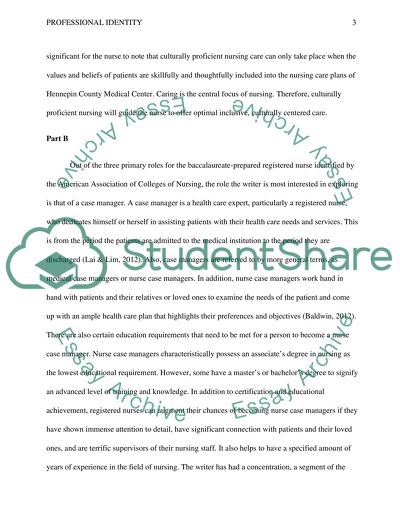Cite this document
(“Professional identity Term Paper Example | Topics and Well Written Essays - 1500 words”, n.d.)
Professional identity Term Paper Example | Topics and Well Written Essays - 1500 words. Retrieved from https://studentshare.org/nursing/1485984-professional-identity
Professional identity Term Paper Example | Topics and Well Written Essays - 1500 words. Retrieved from https://studentshare.org/nursing/1485984-professional-identity
(Professional Identity Term Paper Example | Topics and Well Written Essays - 1500 Words)
Professional Identity Term Paper Example | Topics and Well Written Essays - 1500 Words. https://studentshare.org/nursing/1485984-professional-identity.
Professional Identity Term Paper Example | Topics and Well Written Essays - 1500 Words. https://studentshare.org/nursing/1485984-professional-identity.
“Professional Identity Term Paper Example | Topics and Well Written Essays - 1500 Words”, n.d. https://studentshare.org/nursing/1485984-professional-identity.


